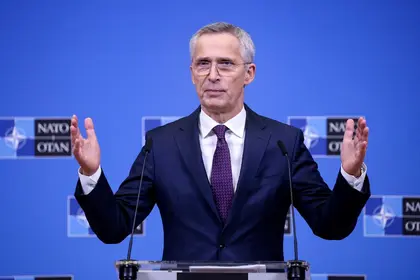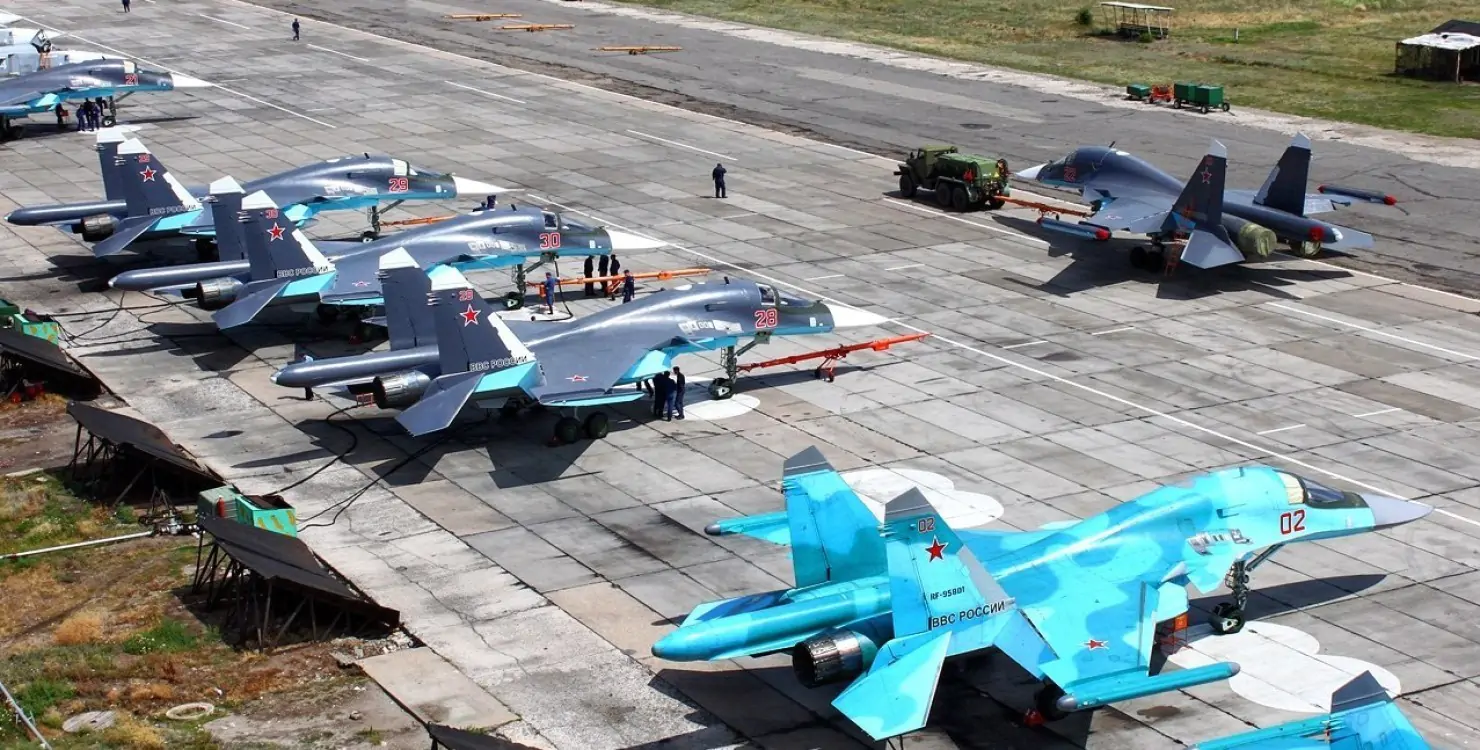NATO must be prepared for a long standoff with Russia beyond the immediate crisis triggered by President Vladimir Putin's year-old invasion of Ukraine, alliance chief Jens Stoltenberg told AFP.
Moscow's war on its pro-Western neighbor has plunged Europe into its most dangerous crisis since World War II and pushed NATO into the biggest overhaul of its defenses since the Soviet Union collapsed.
JOIN US ON TELEGRAM
Follow our coverage of the war on the @Kyivpost_official.
"President Putin wants a different Europe, wants a Europe where he can control neighbors, where he can decide what countries can do," Stoltenberg, 63, said in an interview a week ahead of the first anniversary of Moscow's invasion.
"We need to be prepared for the long haul, this may last for many, many, many, many years."
The Norwegian head of the US-led alliance said he was wary of predicting how long the renewed face-off between Russia and the West would continue, because change can come suddenly.
"We saw the fall of the Berlin Wall, or we saw 9/11," he said.
NATO would, he said, "always look into where there are opportunities to again come into the situation where there is room for a better relationship, but with the current behavior of the Russian regime, the regime in Moscow, there's no way."
NATO members have not sent their own forces to Ukraine, and some Western officials fear that a direct military conflict could escalate into a nuclear war between the West and Russia.
But since the Russian tanks rolled in, tens of thousands more NATO troops have been deployed to the alliance's eastern flank and a string of European allies have ramped up defense spending.

How Poland’s Trade with Russia Undermines EU Sanctions and Support for Ukraine
NATO members, spearheaded by the United States, have also sent weaponry worth tens of billions of dollars to Ukraine to help it fight back against Russia.
You can also highlight the text and press Ctrl + Enter






